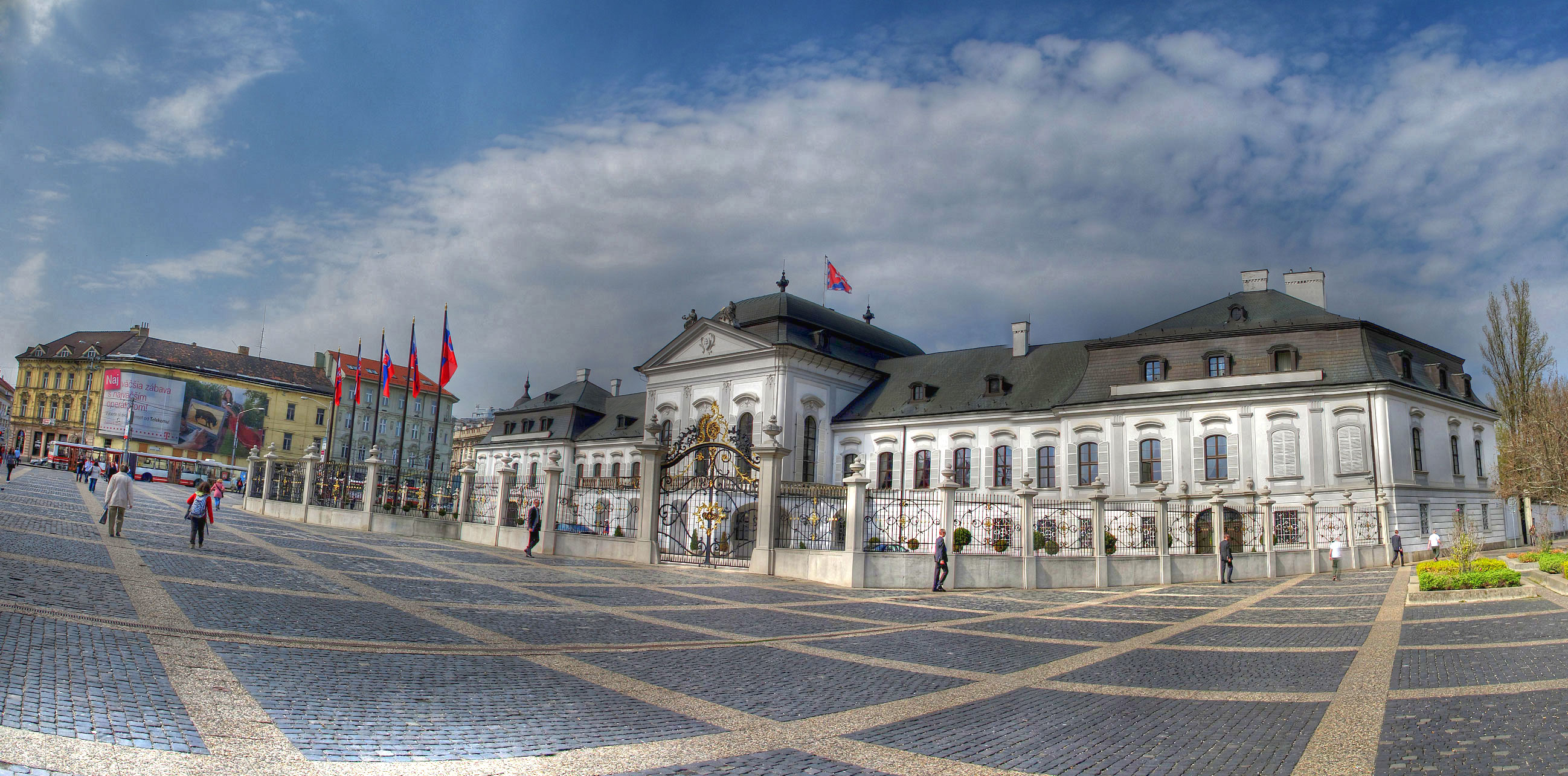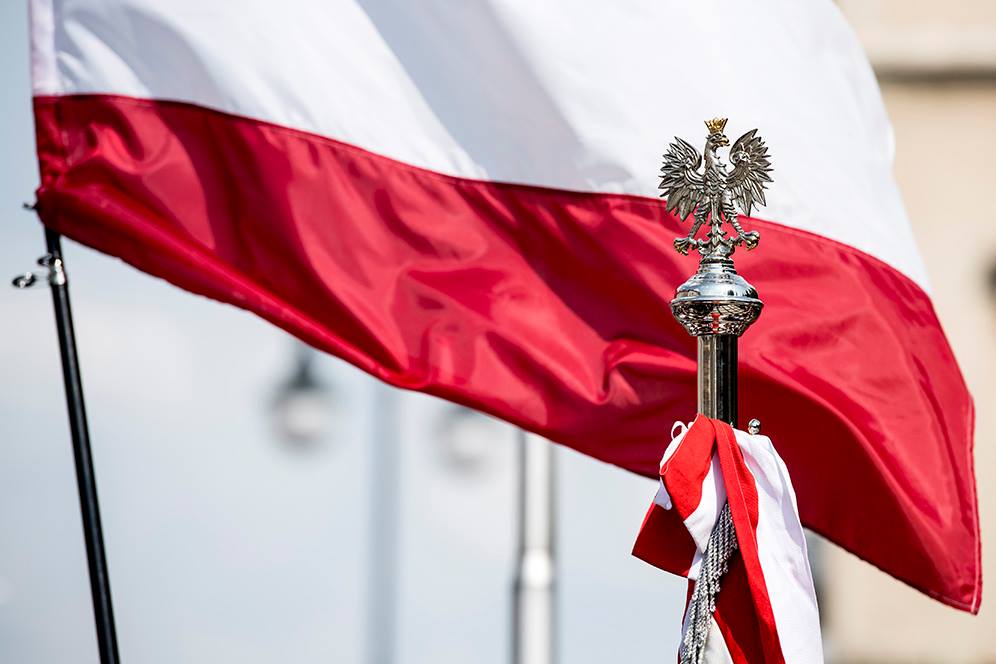Slovakia, Bratislava – According to the stance of the Prime Minister of center-left Robert Fico on mass immigration through the Balkan route, joining the rest of the V4 and in particular the Prime Minister of Hungary Viktor Orbán, and at few months from the Slovakian presidency of the eurozone, Robert Fico won again the elections but failed to keep his majority. And Slovakian nationalists got into the parliament.
Polling institutes gave Prime Minister Robert Fico 35% of voting intentions. Finally, the social democratic party Smer-SD reached 28.3%. A score that made Fico lose his majority, forcing him to form a coalition government. Still, Smer-SD remains well ahead in parliament, SaS (Sloboda Solidarita) party of center-right liberals, arrived in second position with 12.1% of votes. The party of the Hungarian minority Most-Híd comes in 7th position, losing two seats and ending up with 11 representatives, after a score of 6.5%. The Christian Democratic party center-right KDH (Kresťanskodemokratické hnutie) collapsed, following its favorable position about welcoming refugees – but not economic migrants.
However, the entry of nationalists in parliament got the most interest, especially in the West, which is worried by the consolidation of patriotism and Euroscepticism in Central Europe. The L’SNS (Ľudová strana – Naše Slovensko) party of Marian Kotleba rose from 1.6% at the legislative elections of 2010 to 8.04%, winning 14 of 150 seats in the Slovakian parliament. L’SNS became the first party amongst 18-21, with a score of 23% of their votes. His score reached almost triple that announced by pollsters. Just ahead in terms of seats, the nationalist party SNS of Andrej Danko got also into the parliament, with 15 seats.
A necessary coalition
Building a coalition, “will be difficult, I say it very clearly,” said Robert Fico, after declaring that it was necessary, his party having no majority in parliament. As in Hungary, the government is criticized by the opposition of left and radical right for his populism, especially on the matter of migration, and its lack of interest in issues such as education or health. Fico’s anti-immigration policy seems to have been double-edged: it has allowed him to have the support of a population concerned about Muslim immigration, but also strengthened the nationalist movements which made a splash in parliament .
This complicates the task for the Prime Minister. The parties of the center-right may indeed create a coalition that could undermine Fico for the duration of the beginning term of office. Today, unlabeled President of the Slovak Republic, Andrej Kiska, invited every party’s representatives of the parliament, except the one of the nationalist L’SNS, to meet and discuss in order to form a stable coalition.




